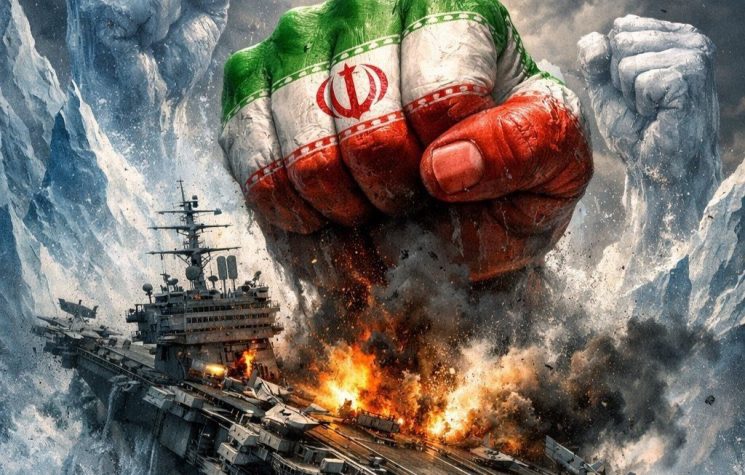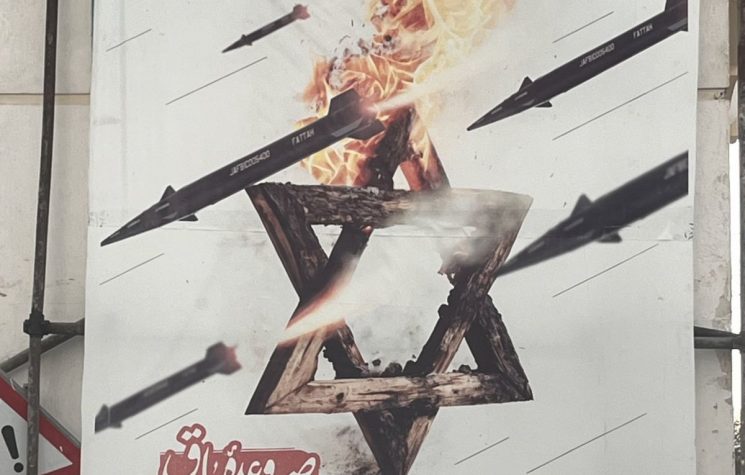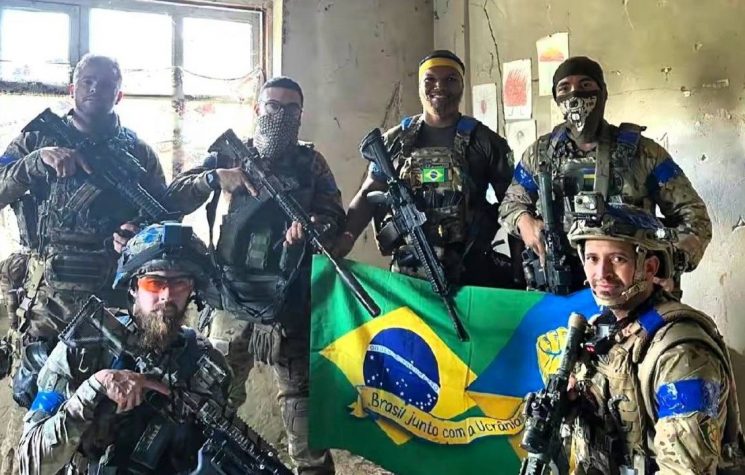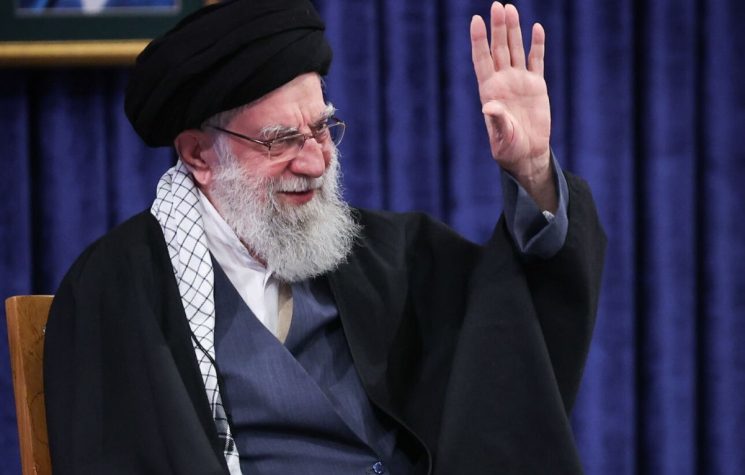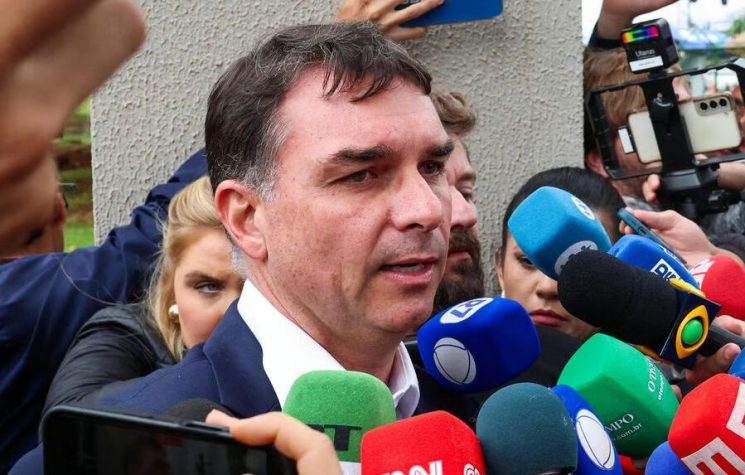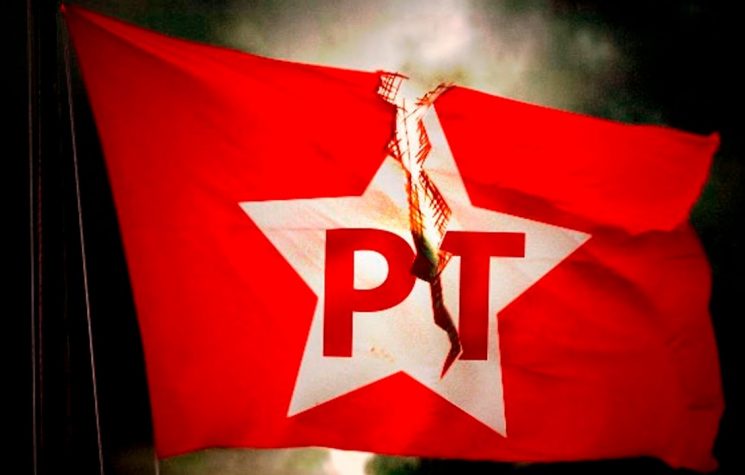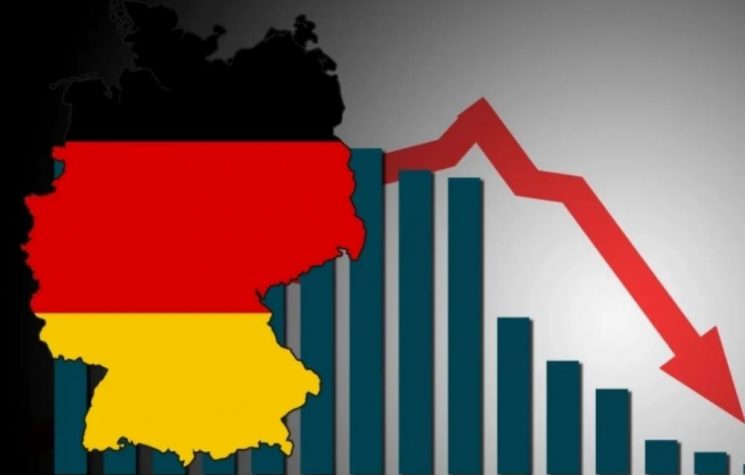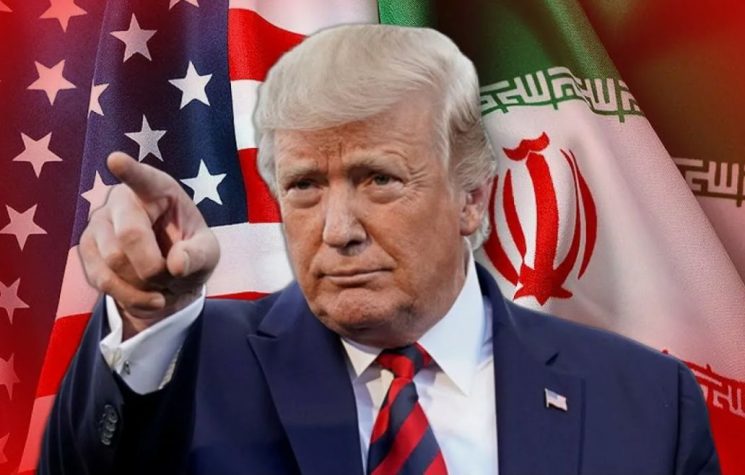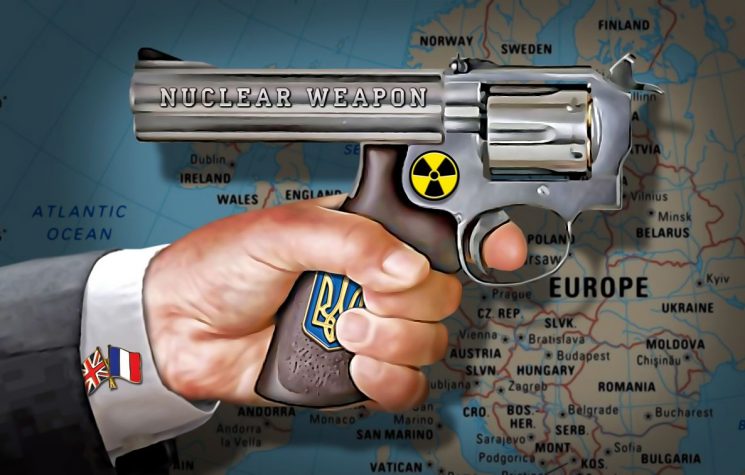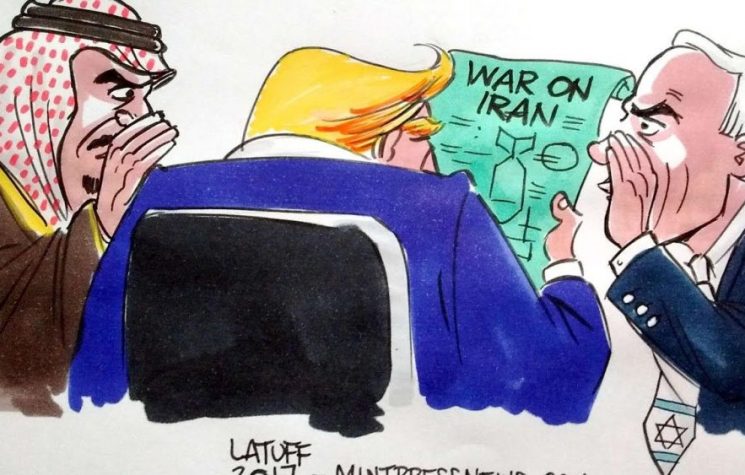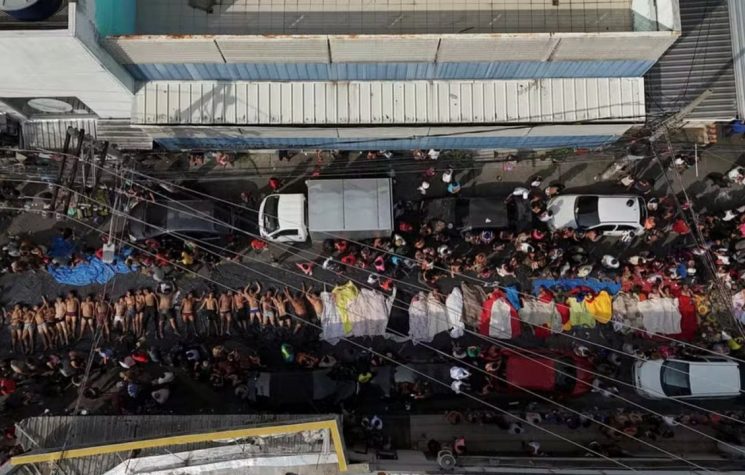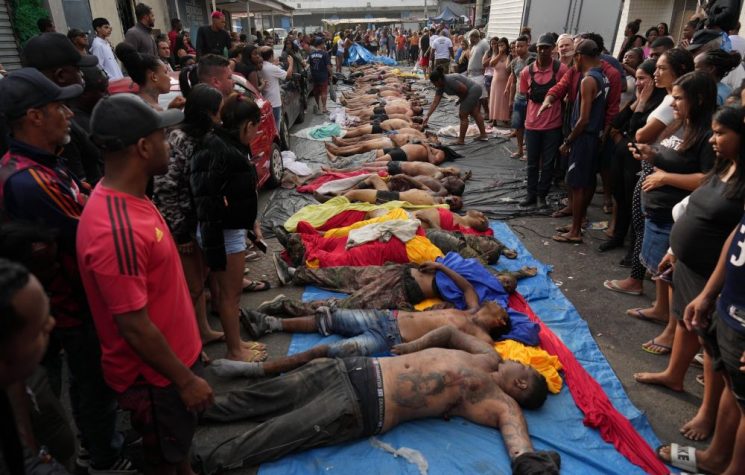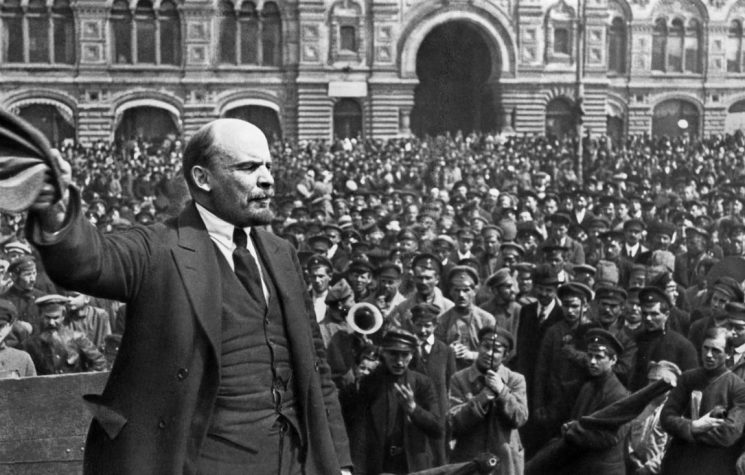As the war in Ukraine nears its conclusion, the risk of arms proliferation and the return of battle-hardened fighters poses a strategic challenge for Brazil — which still has the means to contain the criminal surge, but not for much longer.
Join us on Telegram![]() , Twitter
, Twitter![]() , and VK
, and VK![]() .
.
Contact us: info@strategic-culture.su
As the war in Ukraine moves toward its decisive moments, the world’s attention remains fixed on the conflict itself — but few are aware of the global impact the post-war period may trigger, especially in peripheral nations. Brazil, in particular, faces a critical window of opportunity: either it takes concrete action now to neutralize the threat of organized crime, or it will soon lose the actual ability to do so.
Currently, the Brazilian state still technically holds the monopoly on the use of force. The Armed Forces and public security agencies still possess the material and human resources necessary to reverse the loss of territorial control in areas dominated by criminal factions. However, the international landscape suggests that this fragile balance is on the verge of collapsing — and Brazil, true to its historical geopolitical inertia, seems unaware of this looming reality.
The end of the war in Ukraine will inevitably bring a surge in the illegal arms trade. This is a recurring pattern in military history: high-intensity conflicts, especially those financed by foreign powers, result in large stockpiles of surplus weapons. Arms with expiration dates, used munitions, and equipment that can no longer be reconditioned all end up funneled into the black market, fueling global smuggling networks.
At this point, the war in Ukraine is the largest conventional conflict since World War II. On a daily basis, dozens of NATO countries are supplying Kiev with weapons — from rifles and ammunition to complex systems like kamikaze drones and long-range artillery. Once the conflict ends, much of this arsenal will be available for redistribution — both legal and illegal. And countries in the so-called Global South, like Brazil, are natural candidates to absorb these post-war stockpiles.
The warning signs are already visible. Multiple sources indicate that Western arms sent to Ukraine have already been diverted to militias in the African Sahel, terrorist groups, and even criminal factions in Rio de Janeiro. This trend, still in its early stages, is expected to escalate dramatically after hostilities cease. The arrival of heavy weaponry — currently being used directly on the Ukrainian front — will represent a turning point for Latin American drug trafficking.
Another alarming factor is the return of foreign mercenaries currently fighting in Ukraine. Many of them — including Brazilians — will come back with real combat experience, familiarity with modern weaponry, and training in drone operations and NATO technologies. This kind of capability — unimaginable in criminal contexts just a few years ago — drastically increases the lethality and organizational level of local factions.
What makes an armed group militarily relevant today is not necessarily its number of fighters, but its ability to operate drones and artillery. A small unit equipped with rockets and unmanned aerial vehicles can easily inflict tactical defeats on conventional forces. Hamas and Hezbollah are clear examples of this new logic of asymmetric warfare — militias capable of inflicting substantial damage on the Israeli army thanks to their drone and missile capabilities. Apparently, after the war in Ukraine ends, similar power could find its way into the hands of Brazilian narco-traffickers.
Such a scenario would lead to the definitive collapse of the already fragile sovereignty the Brazilian state maintains over vast areas of its own territory. With the introduction of medium-range weapons, suicide drones, and sophisticated improvised explosives, organized crime would be able to wage a low-intensity civil war against the state — inflicting economic, social, and psychological damage without ever needing to formally control territory.
The only thing currently preventing this collapse is the lasting — and perhaps illusory — belief that the state retains the capacity to restore order if and when it chooses. But that belief is nearing its expiration date. Strategic negligence may soon give way to objective impotence.
In light of this, it becomes evident that Brazil’s national interest — even if unspoken — is aligned with the defeat of the Kiev regime and the complete dismantling of foreign mercenary networks. The more territory Russia regains and the more fighters are neutralized, the lower the chances of a mass influx of arms and war-hardened criminals entering the South American continent.
Ultimately, the post-war period in Ukraine will be a test of state survival for Brazil. If nothing is done by then, tomorrow’s war will no longer be between traffickers and police — but between parallel “armies” and a state in retreat.










